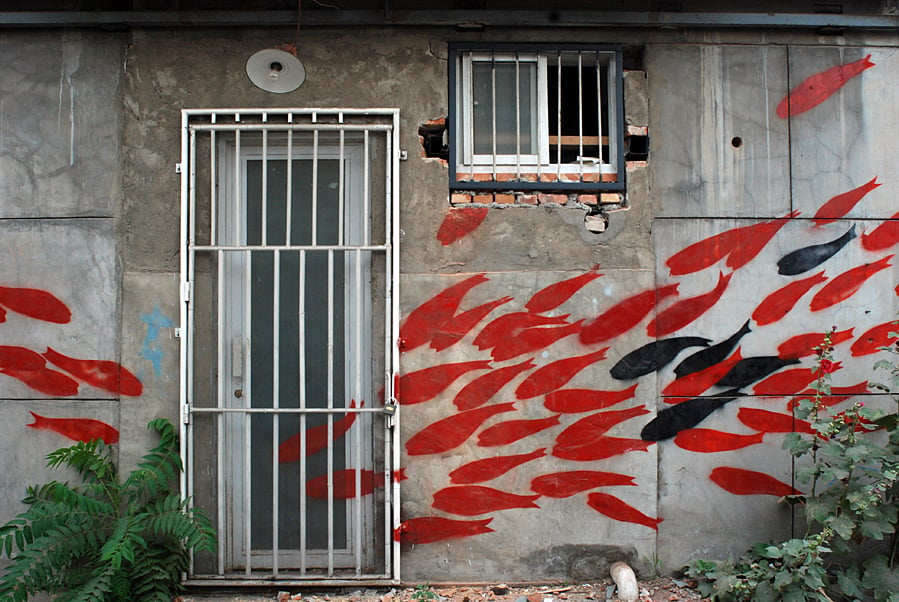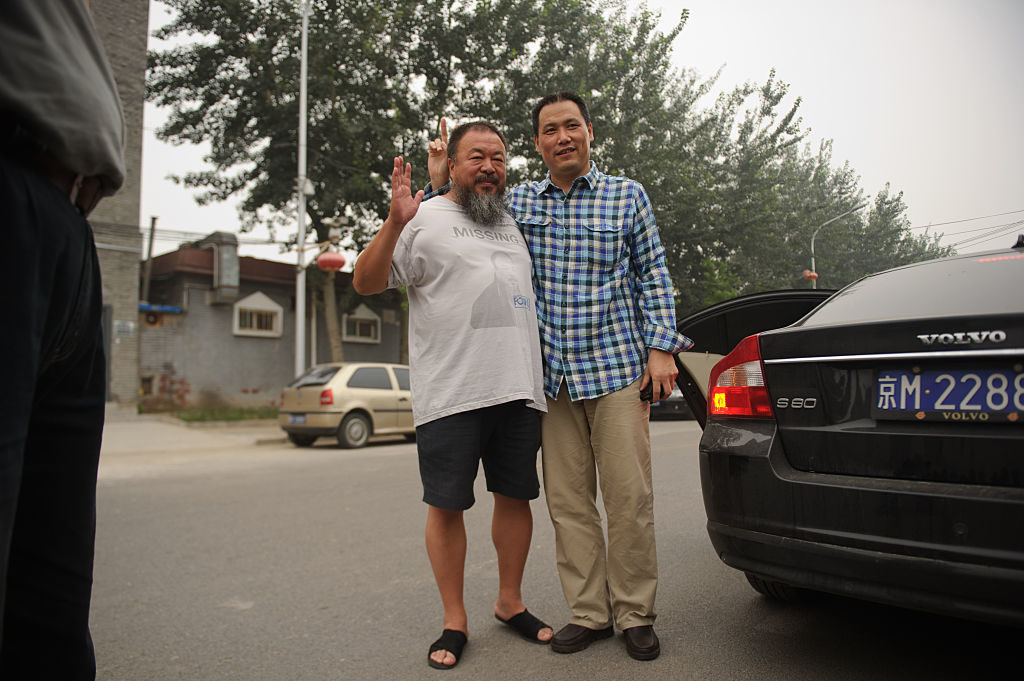Law & Politics
China Abruptly Evicts Galleries in a Beijing Arts District to Make Way for ‘Immediate Demolition’
Ai Weiwei helped develop the Caochangdi arts district that's now in peril.

Ai Weiwei helped develop the Caochangdi arts district that's now in peril.

Eileen Kinsella

Last week, the Beijing branch of de Sarthe Gallery announced in an email the “sudden, forced relocation” of its gallery in the city’s Caochangdi arts district.
The gallery, which was founded in Paris in 1977 and has operations in Beijing and Hong Kong, said that it, “along with our neighboring galleries, studios, and restaurants were given two weeks notice to vacate before the immediate demolition of our buildings.” The gallery plans to close after the conclusion of Mak Ying Tung 2’s exhibition, “The Anything Machine,” which wrapped up July 22. The Hong Kong space remains open.
Caochangdi was developed as an arts district by artist Ai Weiwei, whose Beijing studio is still located there, sources told artnet News. Ai has designed many of the gallery spaces and living quarters in the district, which, until 2000, was just a village on the outskirts of Beijing.
“It’s a stressful time and it’s so unfortunate for de Sarthe and the galleries and artists that have been abruptly asked to leave Caochangdi,” said Christophe Mao, founder of Chambers Fine Arts, which has a gallery nearby and another in New York. “From my understanding, the area that has been asked to vacate is located along a strip of land next to the railroad. From the government point of view, these buildings were illegally built.”
Chambers, however, is located in a “legal zone,” on land that has been leased from Chaochangdi village for 20 years, Mao said. “So, although we have also been threatened numerous times with eviction, even as recent as a few months ago, we have been spared for now.”

Artist Ai Weiwei with his human rights lawyer Pu Zhiqiang outside Ai’s compound in the Caochangdi district of Beijing. Photo: Ed Jones/AFP/Getty Images.
Caochangdi has become a destination for contemporary art in Beijing. Because of Ai Weiwei’s presence, a lot of international press has visited the area. “Sadly, it is entering its twilight as a truly contemporary art hub,” Mao said.
Last August, ArtAsiaPacific reported that authorities had forced artists from their homes and studios in Caochangdi. The occupants were reportedly given written notices and told to leave the site due to “illegal construction and land use” on more than six acres.
The latest round of Caochangdi evictions apply to all buildings on the east side of a 300-yard stretch of road, according to Artsy. Many of the walls along this portion of the road have been hastily marked in red spray paint with a Chinese character that translates to “to be demolished,” the report says.
“While the situation is regrettable, de Sarthe is deeply committed to the art scene in China and will begin in earnest the search for a new space,” the gallery’s email said. “We look forward to sharing news of our future developments.”